Cape Ann, Magnolia, Massachusetts, has a storied history that reflects the coastal charm and maritime heritage of New England.
From its humble beginnings as a fishing village to its evolution into a vibrant seaside community, Magnolia’s history is rich with tales of exploration, industry, and cultural diversity.
As we delve into the history of Magnolia, we uncover a tapestry of narratives that illuminate its transformation over the centuries, from its early days as a colonial settlement to its emergence as a popular summer retreat and artistic enclave.
Magnolia’s history is deeply intertwined with the sea, shaping its identity and character as a place of natural beauty, cultural significance, and community spirit.
Magnolia Massachusetts History
From its humble beginnings as a fishing village to its transformation into a beloved seaside community, Magnolia’s history is woven with tales of exploration, industry, and cultural diversity.
Let’s delve into some interesting historical evidence that illuminates Magnolia’s fascinating past.
Fishing Village Origins
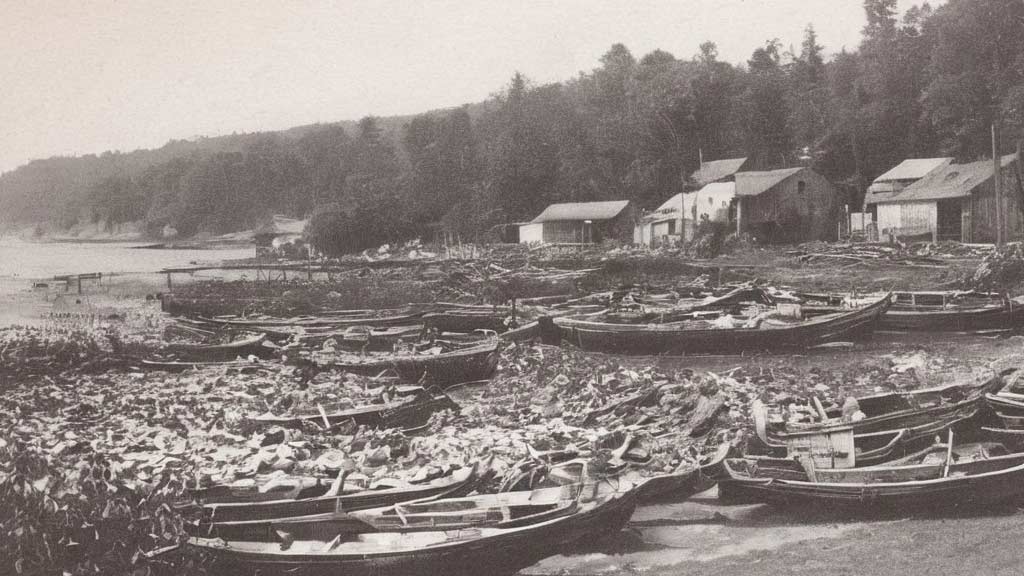
Magnolia’s history dates back to the early 17th century when it was established as a fishing village by English settlers.
Its sheltered coves and abundant fishing grounds attracted settlers who relied on the sea for their livelihoods, laying the foundation for Magnolia’s maritime heritage.
Summer Retreat for Boston Elite
During the late 19th and early 20th centuries, Magnolia became a popular summer retreat for Boston’s elite, who were drawn to its scenic beauty and temperate climate.
Magnificent seaside estates and grand hotels sprang up along the coast, transforming Magnolia into a fashionable resort destination.
Artist Colony
Magnolia has long been a haven for artists, writers, and creatives inspired by its natural beauty and tranquil surroundings.
The Magnolia Art Colony, established in the early 20th century, attracted renowned painters such as Winslow Homer and Fitz Henry Lane, who captured the town’s coastal landscapes on canvas.
Shipbuilding Industry
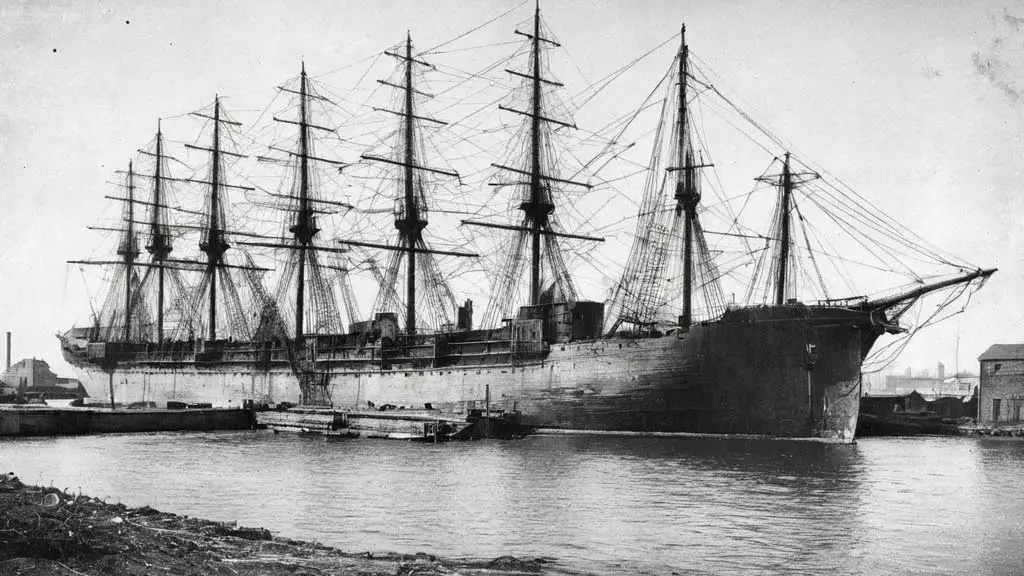
In the 19th century, Magnolia flourished as a center of shipbuilding, with several shipyards dotting its coastline.
These shipyards produced vessels ranging from fishing schooners to coastal steamers, contributing to Magnolia’s reputation as a hub of maritime commerce and craftsmanship.
Granite Quarrying
In the late 19th century, Magnolia experienced a boom in granite quarrying, with quarries producing high-quality granite for construction projects across the region.
The granite industry played a vital role in Magnolia’s economy, shaping its landscape and leaving behind impressive quarry sites and quarrymen’s cottages.
Magnolia Pier and Beach Club
The Magnolia Pier and Beach Club, built in the early 20th century, served as a recreational hub for residents and visitors alike.
The pier offered access to swimming, boating, and social gatherings, while the beach club hosted events, dances, and summer festivities, adding to Magnolia’s allure as a seaside destination.
Preservation Efforts
Today, Magnolia’s historical charm is preserved and celebrated through efforts to protect its architectural heritage and cultural landmarks.
Historic homes, churches, and civic buildings offer glimpses into Magnolia’s past, while organizations like the Magnolia Historical Society work tirelessly to ensure that its history remains alive and cherished for generations to come.
Magnolia Library and Community Center
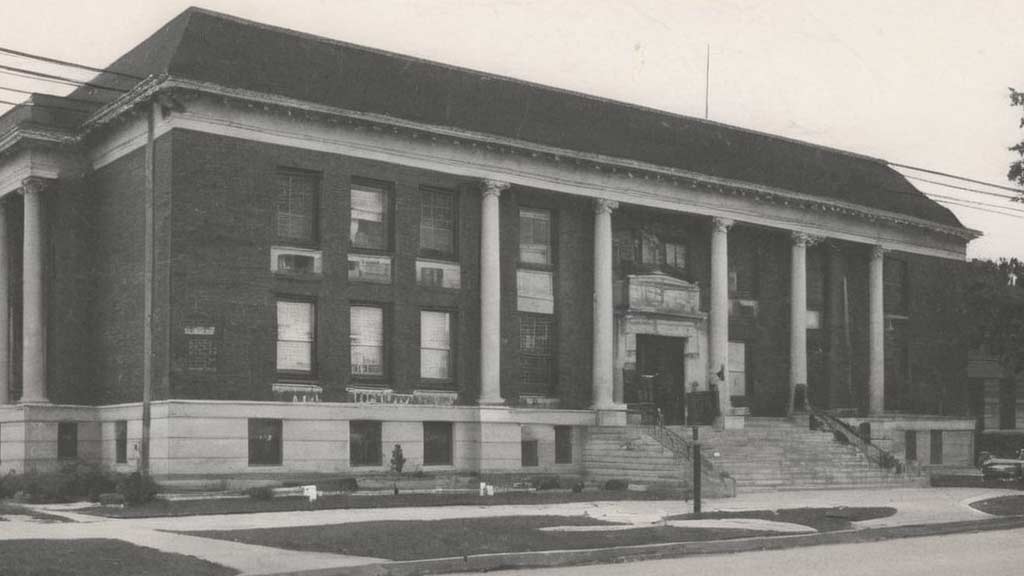
Established in the early 20th century, the Magnolia Library and Community Center has served as a focal point for cultural and educational activities in the town.
Originally housed in a historic building, the library has expanded over the years, offering a wealth of resources, programs, and events that enrich the lives of residents and visitors alike.
Military History
Magnolia has a proud military history, with its residents contributing to various conflicts throughout American history.
Memorials and monuments, such as the Magnolia War Memorial, honor the sacrifices of Magnolia’s servicemen and women, reflecting the town’s patriotism and commitment to defending freedom.
Cultural Festivals and Events
Throughout the year, Magnolia hosts a variety of cultural festivals and events that celebrate its heritage and community spirit.
From seafood festivals to arts and music events, these gatherings bring residents together to enjoy local traditions, cuisine, and entertainment, fostering a sense of belonging and camaraderie.
Architectural Gems
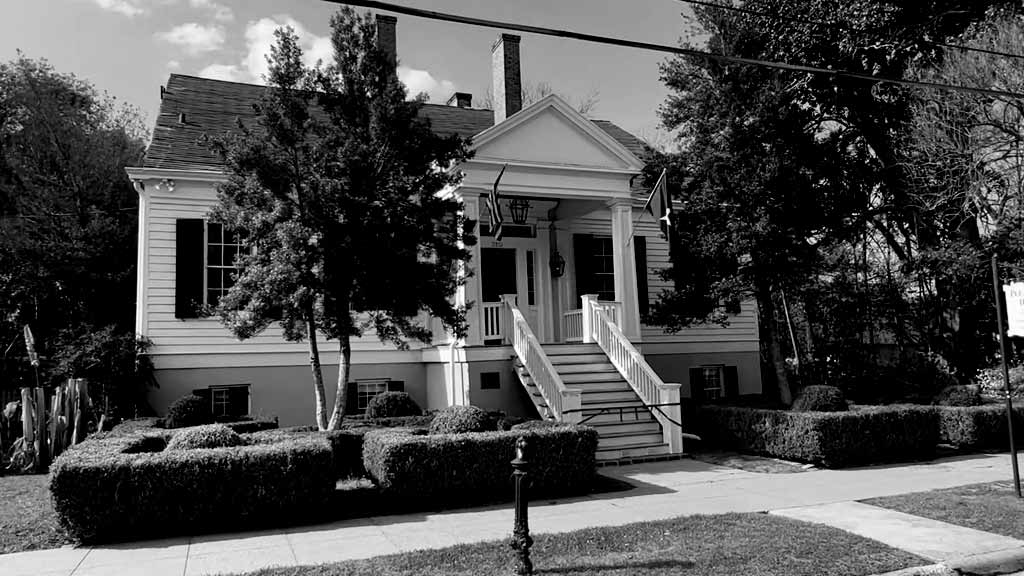
Magnolia is home to an array of architectural gems, including historic homes, churches, and landmarks that reflect its diverse cultural influences and periods of prosperity.
The Magnolia Historic District, designated on the National Register of Historic Places, showcases the town’s architectural heritage and commitment to preservation.
Natural Beauty Preservation
Magnolia’s natural beauty is preserved through conservation efforts that protect its scenic landscapes, wildlife habitats, and coastal ecosystems.
Parks, nature reserves, and hiking trails offer opportunities for residents and visitors to explore Magnolia’s natural treasures, fostering a deeper appreciation for the town’s environmental heritage.
Community Engagement
Magnolia boasts a strong sense of community engagement, with residents actively participating in local initiatives, volunteer projects, and civic organizations.
Whether it’s organizing beach cleanups, supporting local businesses, or advocating for preservation efforts, Magnolia’s residents are deeply invested in shaping the town’s future while honoring its past.
Food and Shopping in Magnolia Village

Magnolia 525 Tavern: A cozy spot for meals and drinks.
Dunkin’ Donuts: Grab your favorite coffee and treats.
Sassy Eco Bags: Explore eco-friendly bags and accessories.
Attractions in Magnolia
Magnolia Harbor, Beach, and Pier: Enjoy the coastal beauty.
Ravenwood Park: Explore nature trails at this serene park.
Hammond Castle Museum: Discover medieval-inspired architecture and artifacts.
Magnolia Library and Community Center: A hub for knowledge and community events.
What Is In Magnolia, Ma?
Nestled along the scenic coastline of Cape Ann, Magnolia, Massachusetts, offers a charming blend of natural beauty, historic landmarks, and seaside attractions. Let’s explore seven things that make Magnolia a must-visit destination.
Magnolia Beach
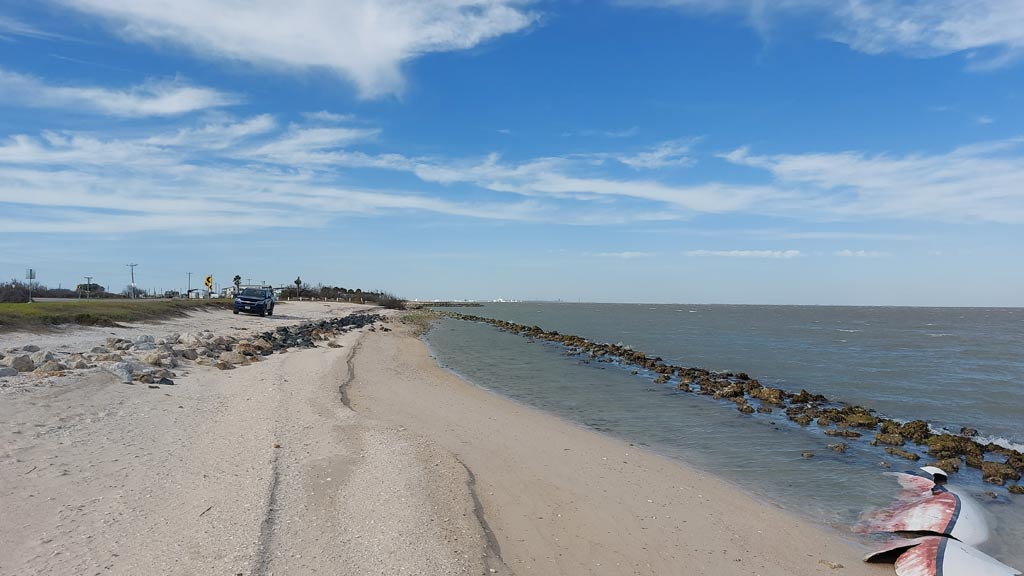
Magnolia Beach is a beloved destination for locals and visitors alike, offering sandy shores, calm waters, and stunning views of the Atlantic Ocean.
Whether it’s sunbathing, swimming, or beachcombing, this scenic stretch of coastline provides endless opportunities for relaxation and recreation.
Magnolia Pier
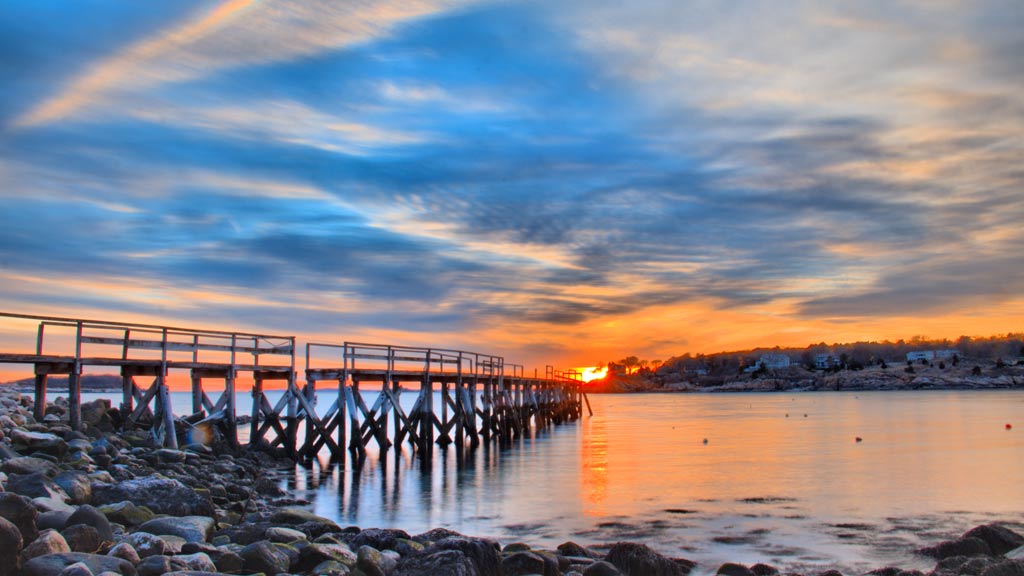
The historic Magnolia Pier is a focal point of the community, offering panoramic views of the coastline and serving as a gathering place for fishing, sightseeing, and enjoying the ocean breeze.
The pier is a popular spot for taking leisurely strolls or watching the sunset over the water.
Magnolia Library and Community Center
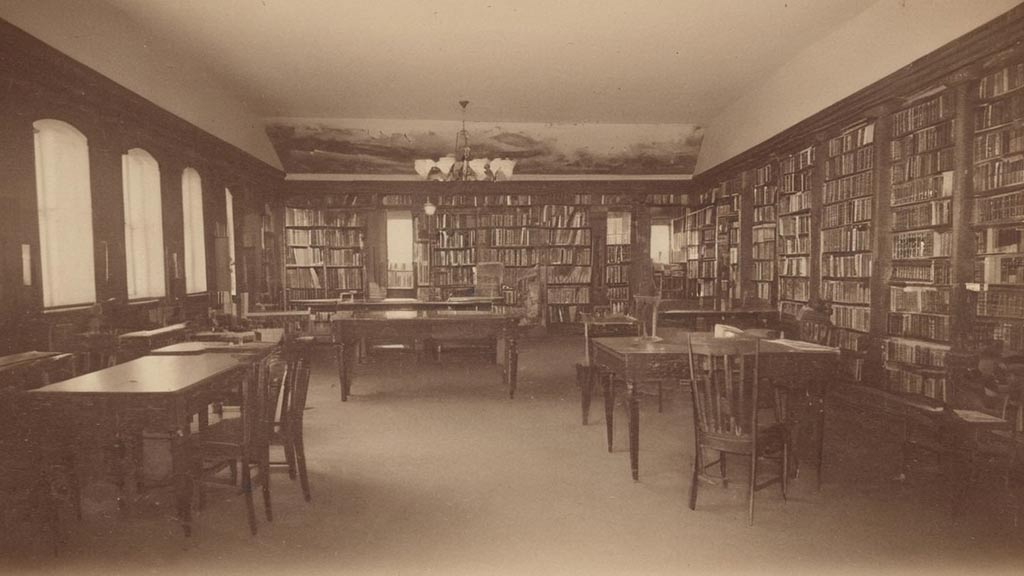
The Magnolia Library and Community Center is a vibrant hub of activity, offering a wide range of resources, programs, and events for residents of all ages.
From book clubs and educational workshops to art exhibitions and community gatherings, the library plays a central role in fostering a sense of community in Magnolia.
Hammond Castle Museum
Perched atop a rocky bluff overlooking the ocean, the Hammond Castle Museum is a medieval-style fortress built in the early 20th century by inventor John Hays Hammond Jr.
Today, the castle serves as a museum, showcasing Hammond’s eclectic collection of artifacts and offering guided tours of its historic rooms and grounds.
Magnolia Woods
Magnolia Woods is a peaceful retreat for nature enthusiasts, offering miles of scenic hiking trails, lush woodlands, and diverse wildlife habitats.
Visitors can explore the forested trails, admire the native flora and fauna, and enjoy the tranquility of this natural oasis just steps away from the bustling town center.
Magnolia Village
Magnolia Village is a charming downtown area lined with quaint shops, cafes, and galleries, offering a delightful mix of shopping, dining, and local flavor.
Visitors can stroll along the tree-lined streets, browse unique boutiques, and savor fresh seafood at waterfront restaurants overlooking the harbor.
Magnolia Historical Society
The Magnolia Historical Society preserves and promotes the town’s rich heritage through exhibits, programs, and educational initiatives.
Housed in a historic building, the society’s museum showcases artifacts, photographs, and documents that illuminate Magnolia’s history and cultural significance, providing a fascinating glimpse into the town’s past.
Conclusion
The history of Magnolia, Massachusetts, is a testament to the enduring spirit and resilience of its residents.
From its origins as a fishing village to its present-day status as a beloved seaside destination, Magnolia’s history is a reflection of the town’s evolution and adaptation to changing times.
As we reflect on Magnolia’s past, we gain insights into the challenges, triumphs, and cultural contributions that have shaped the town’s identity.
Today, Magnolia stands as a vibrant community that honors its heritage while embracing the future, preserving its historic landmarks, natural beauty, and sense of community for generations to come.
Through preservation efforts, community engagement, and a commitment to celebrating its history, Magnolia ensures that its story continues to be told and cherished by all who call it home.
Jaclyn Lowe